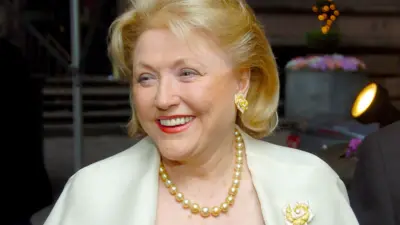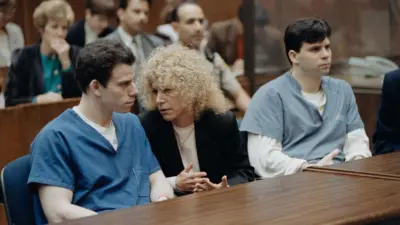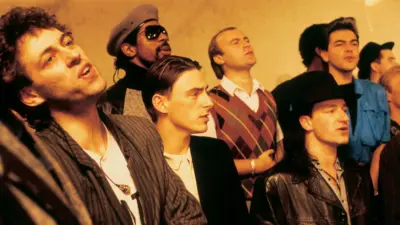We've updated our Privacy and Cookies Policy
We've made some important changes to our Privacy and Cookies Policy and we want you to know what this means for you and your data.
Scottish government rules out same-sex marriage referendum
The Scottish government has ruled out a referendum on the proposed introduction of same-sex marriage.
On Monday, Britain's most senior Roman Catholic cleric, Cardinal Keith O'Brien, urged the Scottish government to hold a public vote on the proposals.
A government spokesman, speaking after a cabinet meeting, said the issue was a matter of conscience, not constitution.
He said a decision on whether to bring forward a bill on same-sex marriage would be made before the end of July.
Members of the cabinet met in Edinburgh to discuss the issue.
After the meeting, the spokesman said: "This is an important issue and it is right that cabinet takes the time to get both the principle and the detail of the decision right.
"During the discussion, recent calls for a referendum on the subject were carefully considered. However, cabinet views this as an issue of conscience not constitution.
"Given that if a bill is brought forward it should in the view of the Scottish government be determined by a free vote, cabinet has concluded that a referendum would not be appropriate.
"Cabinet has now asked a cabinet sub-committee, led by the deputy first minister, to further examine some particular issues of detail before a final decision is reached.
"We remain committed to publishing the consultation responses and our clear decision on the way forward before the end of this month."
'Rainbow coalition'
Gay rights charity Stonewall Scotland welcomed the decision not to hold a referendum.
Its director, Colin Macfarlane, said :"While we are disappointed that no decision was made today we are pleased that the Scottish government has confirmed that a referendum has been ruled out.
"Ministers have stated that a final decision on a way forward will be at the end of this month, we look forward to that and urge them to stick to their guns and say I do to equal marriage."
Tom French from the Equality Network said: "The government have had seven months to analyse the consultation responses and to deal with the detail. We cannot understand why there is any need for further delay."
The proposals, which would see Scotland become the first part of the UK to introduce the policy, have provoked opposition from some religious groups.
The Catholic Church and Church of Scotland strongly oppose the policy.
Cardinal O'Brien has branded the plans a "grotesque subversion of a universally-accepted human right".
The cardinal, who leads the church in Scotland, previously authorised a plan to raise ВЈ100,000 through special church collections to support the Scotland For Marriage campaign against same-sex marriage.
The proposed legislation has been backed by a "rainbow coalition" of organisations, including The Equality Network, Amnesty International, Unison and the Humanist Society of Scotland, as well as political parties.
Faith groups, including the United Reformed Church, the Quakers, Buddhists and the Pagan Federation also support the move.
Encouraged discrimination
However, the issue also caused a split within the SNP, after a parliamentary motion tabled by party MSP John Mason, stating no person or organisation should be forced to be involved in or to approve of same-sex marriage, led to accusations by some of his colleagues that his actions encouraged discrimination.
Gordon Wilson, a former SNP leader, has also warned plans for same-sex marriage could "alienate" people considering voting for independence in the 2014 referendum.
Same-sex couples in Scotland currently have the option to enter into civil partnerships and the Holyrood government has insisted no part of the religious community would be forced to hold same-sex weddings in churches.
Although civil partnerships in Scotland offer the same legal treatment as marriage in areas such as inheritance, pensions provision, life assurance, child maintenance, next of kin and immigration rights, they are still seen as distinct from marriage.
A man and a woman can opt for a religious or civil marriage ceremony, whereas a same-sex partnership is an exclusively civil procedure.
The UK government, which is consulting on changing the status of civil ceremonies to allow gay and lesbian couples in England and Wales to get married, wants to make the change by 2015.
Top Stories
More to explore
Most read
Content is not available








